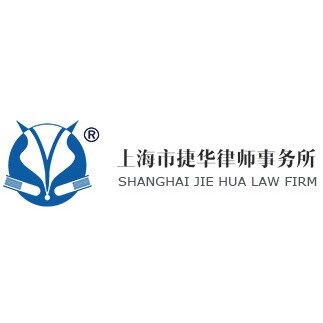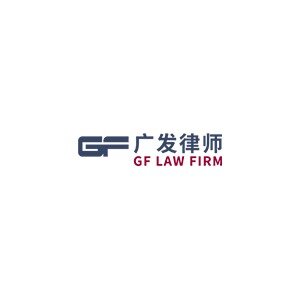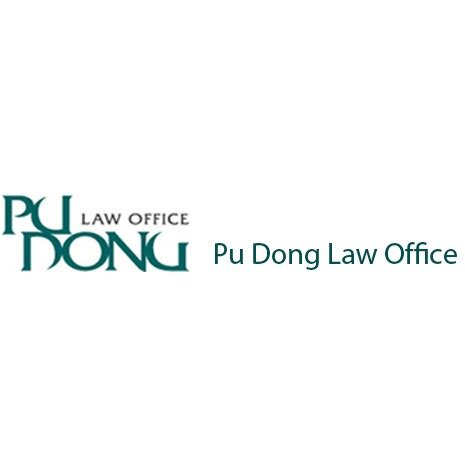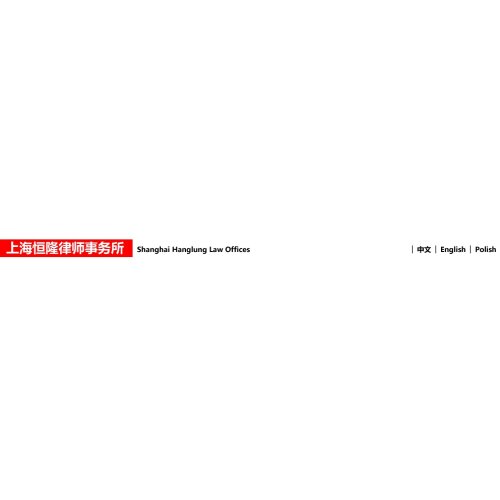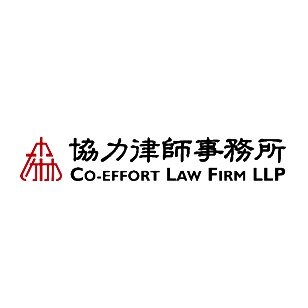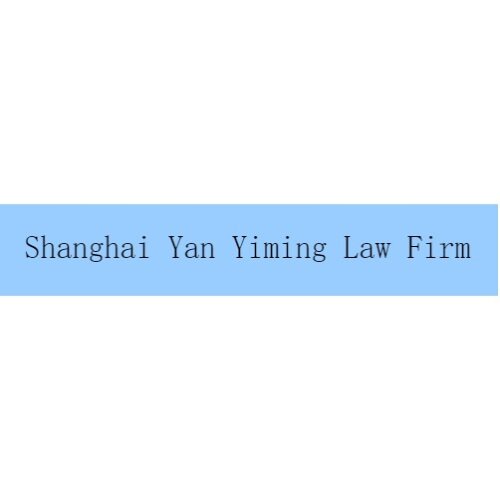Best Structured Finance Lawyers in Shanghai
Share your needs with us, get contacted by law firms.
Free. Takes 2 min.
List of the best lawyers in Shanghai, China
About Structured Finance Law in Shanghai, China
Structured finance refers to complex financial instruments that are typically used to manage risk and raise capital through securitization, asset-backed securities, and other advanced financial mechanisms. In Shanghai, which is a major financial hub of China, structured finance plays an increasingly important role in both domestic and cross-border transactions. Structured finance law encompasses the rules, regulatory frameworks, and market practices that govern the creation, issuance, and trading of these financial instruments. The city’s legal environment is shaped by both national laws and local regulations, ensuring robust oversight and alignment with global practices.
Why You May Need a Lawyer
Structured finance transactions are often highly complex and can involve multiple parties, jurisdictions, and regulatory requirements. You may need a lawyer in situations such as:
- Structuring a securitization deal or issuing asset-backed securities
- Negotiating and drafting transaction documents for structured finance deals
- Ensuring compliance with regulations set by authorities such as the China Securities Regulatory Commission (CSRC) and People’s Bank of China (PBOC)
- Managing cross-border financial activities or foreign investment
- Dispute resolution or litigation related to structured finance products
- Due diligence for mergers, acquisitions, or divestitures involving structured finance elements
- Advising institutional investors, such as banks, funds, or corporate treasuries, on risk management and market entry
Given the potential legal, financial, and reputational risks, consulting an experienced legal professional is essential for anyone engaging in structured finance activities in Shanghai.
Local Laws Overview
The structured finance legal landscape in Shanghai is governed by a combination of national legislation and local regulatory requirements. Key areas include:
- Securitization Regulations - The Asset-Backed Securities (ABS) market is regulated primarily by the CSRC, which has specific rules for product structure, disclosure, and risk retention.
- Banking and Financial Institution Rules - Financial institutions must adhere to PBOC and China Banking and Insurance Regulatory Commission (CBIRC) guidelines regarding capital adequacy and non-performing asset securitization.
- Foreign Exchange Controls - The State Administration of Foreign Exchange (SAFE) oversees cross-border financial flows, affecting structured finance deals with international elements.
- Contract Law and Property Law - These foundational laws dictate the ownership and transfer of assets underlying structured transactions.
- Shanghai Free Trade Zone Policies - Special regulations in the Shanghai FTZ allow for more flexible structured finance transactions and easier foreign participation.
Navigating these laws can be challenging due to continuous regulatory updates and evolving market practices. Consulting local legal experts is advised to ensure full compliance.
Frequently Asked Questions
What is structured finance and how does it differ from traditional finance?
Structured finance involves complex financial instruments and deal structures designed to manage risk and optimize funding, often using securitization or derivatives, while traditional finance relies on simpler products like loans or bonds.
Who regulates structured finance transactions in Shanghai?
Key regulators include the China Securities Regulatory Commission (CSRC), the People’s Bank of China (PBOC), and the China Banking and Insurance Regulatory Commission (CBIRC).
What types of assets can be securitized in China?
Common assets include receivables, loans, leases, mortgages, and other financial claims. However, the eligibility of asset types must comply with regulatory guidelines.
Can foreign investors participate in structured finance deals in Shanghai?
Yes, but foreign participation is subject to local laws, foreign exchange regulations, and sometimes approval from authorities such as SAFE.
What are the risks involved in structured finance transactions?
Risks include credit risk, legal compliance risk, regulatory changes, and transaction complexity, making legal advice crucial for protection.
How are disputes in structured finance transactions resolved?
Disputes may be resolved through arbitration, mediation, or litigation, often in Chinese courts or through agreed arbitration bodies.
Are there special rules for structured finance in the Shanghai Free Trade Zone?
Yes, the FTZ promotes innovation and flexibility in financial services, including more accessible cross-border deals and streamlined regulatory processes.
What documentation is required for a structured finance transaction?
Key documents include offering circulars, transaction agreements, trust deeds, and regulatory disclosures, all of which must comply with Chinese law.
Do I need a local partner or intermediary for structured finance deals in Shanghai?
While not always mandatory, engaging a local entity or professional advisor is highly recommended, especially for regulatory compliance and market access.
How can I ensure compliance with anti-money laundering (AML) and anti-fraud requirements?
Complying with AML laws requires thorough due diligence, clear documentation, and strict adherence to filing and reporting obligations outlined by Chinese regulators.
Additional Resources
For more information or assistance, consider contacting the following resources:
- China Securities Regulatory Commission (CSRC) - Oversees securities and structured product regulations
- People’s Bank of China (PBOC) - Regulates financial institutions and currency flows
- Shanghai Financial Services Office - Supports local finance industry and provides regulatory guidance
- China Banking and Insurance Regulatory Commission (CBIRC) - Supervises banks and insurers involved in structured finance
- Shanghai Legal Aid Center - Offers initial guidance to individuals and businesses
- Professional legal firms with expertise in banking, finance, and structured products
Next Steps
If you need legal assistance related to structured finance in Shanghai, consider the following steps:
- Identify your specific needs and the scope of your structured finance project or issue
- Gather all relevant documents, transaction details, and background information
- Consult a reputable law firm or specialist lawyer experienced in structured finance in Shanghai
- Clarify fees, timelines, and expected outcomes before engaging legal services
- Stay updated with ongoing legal or regulatory changes that may affect your transactions
Partnering with a reliable legal expert can help ensure compliance, mitigate risks, and smooth the path for your structured finance transactions in Shanghai, China.
Lawzana helps you find the best lawyers and law firms in Shanghai through a curated and pre-screened list of qualified legal professionals. Our platform offers rankings and detailed profiles of attorneys and law firms, allowing you to compare based on practice areas, including Structured Finance, experience, and client feedback.
Each profile includes a description of the firm's areas of practice, client reviews, team members and partners, year of establishment, spoken languages, office locations, contact information, social media presence, and any published articles or resources. Most firms on our platform speak English and are experienced in both local and international legal matters.
Get a quote from top-rated law firms in Shanghai, China — quickly, securely, and without unnecessary hassle.
Disclaimer:
The information provided on this page is for general informational purposes only and does not constitute legal advice. While we strive to ensure the accuracy and relevance of the content, legal information may change over time, and interpretations of the law can vary. You should always consult with a qualified legal professional for advice specific to your situation.
We disclaim all liability for actions taken or not taken based on the content of this page. If you believe any information is incorrect or outdated, please contact us, and we will review and update it where appropriate.



